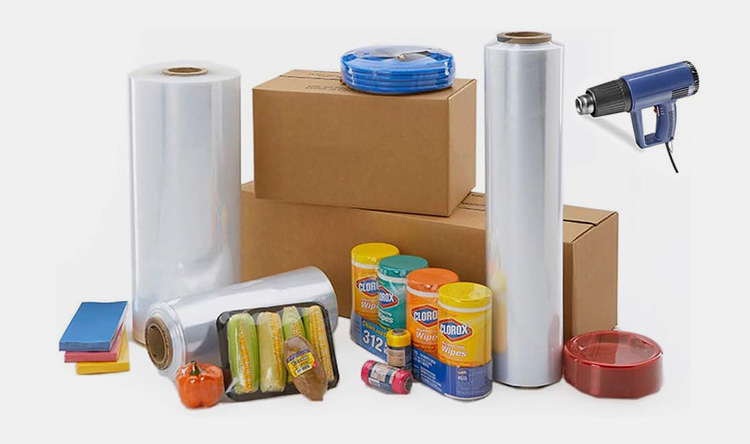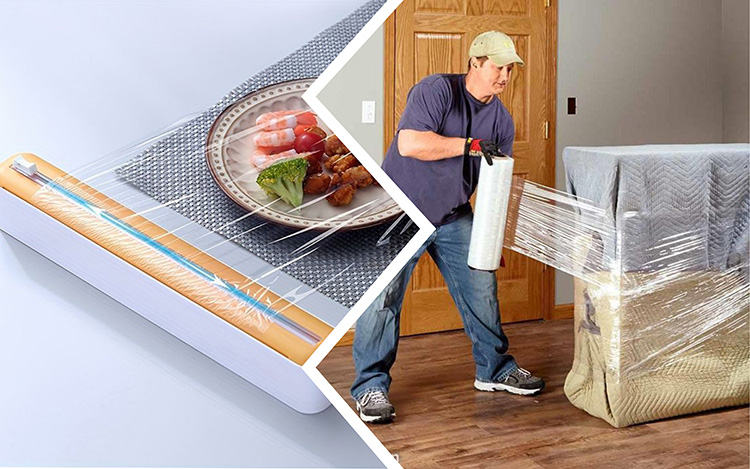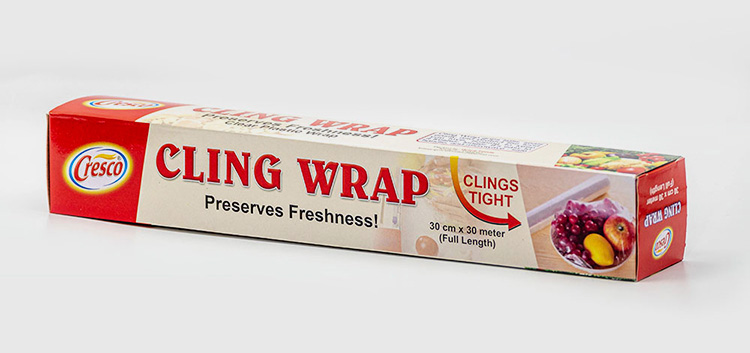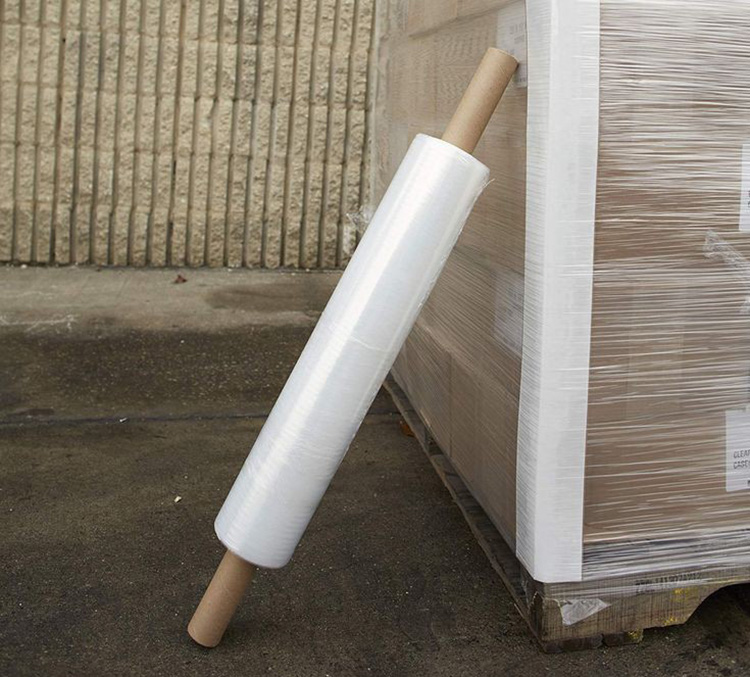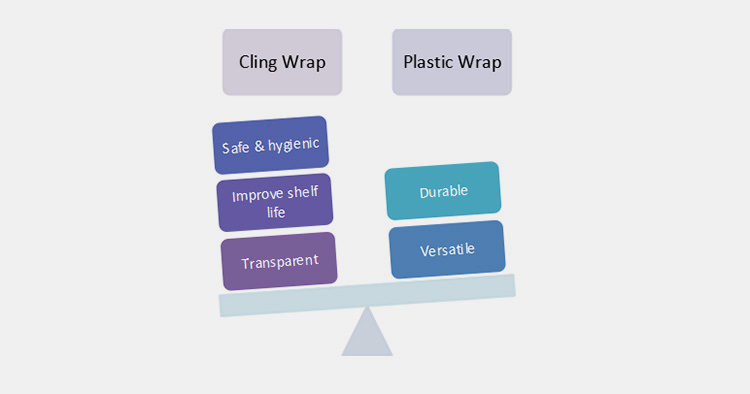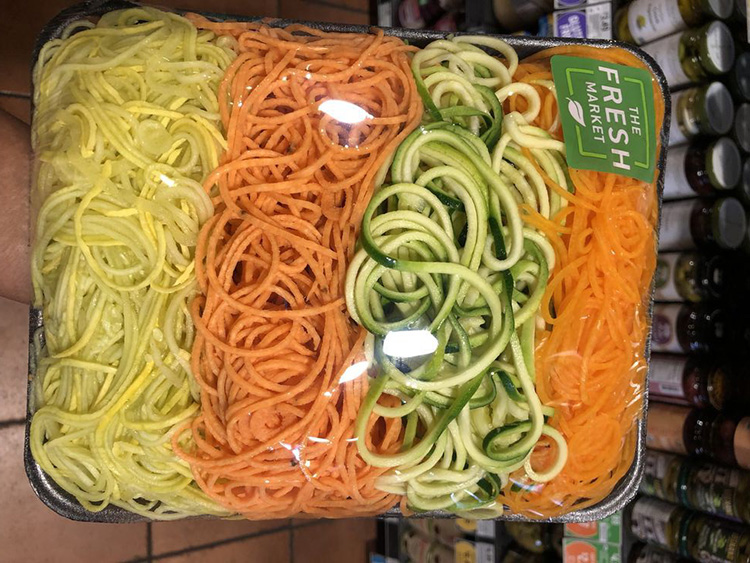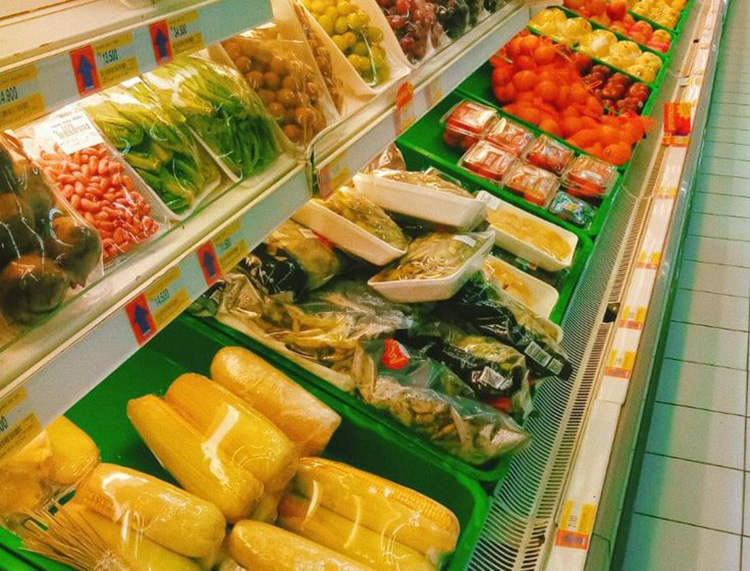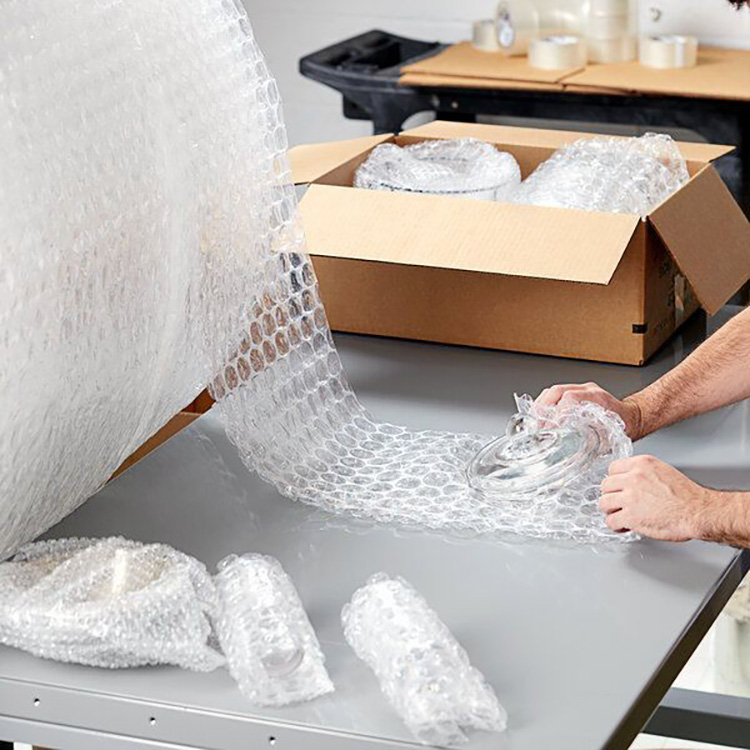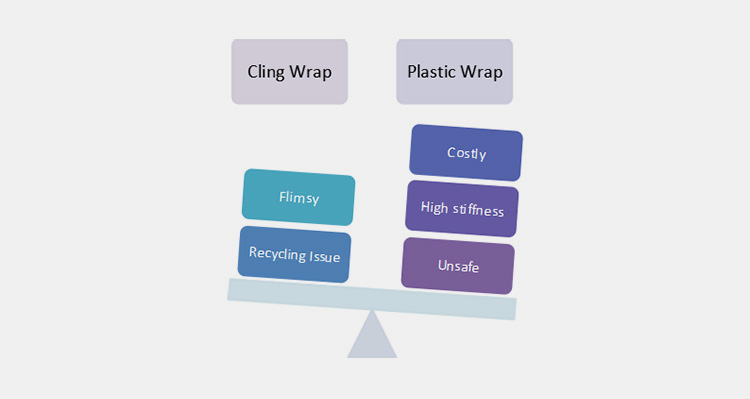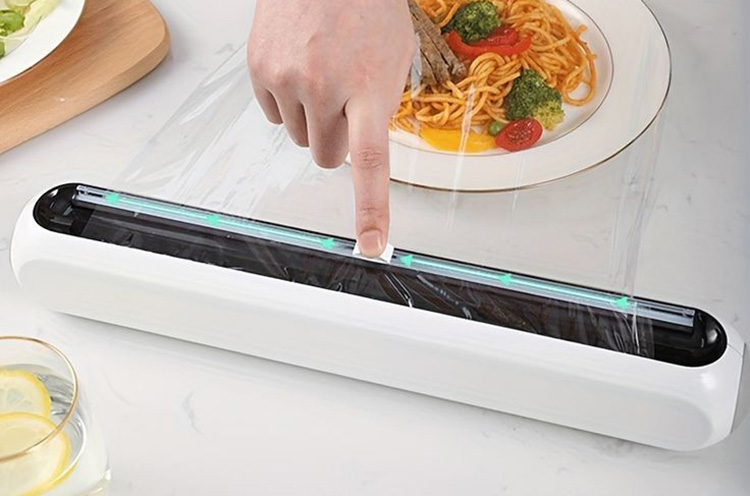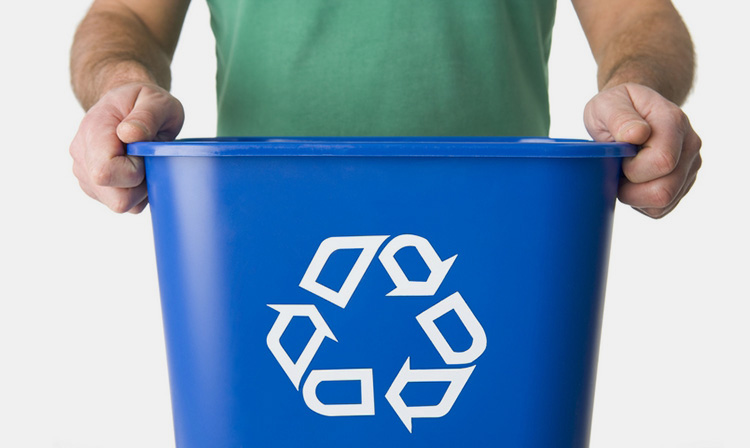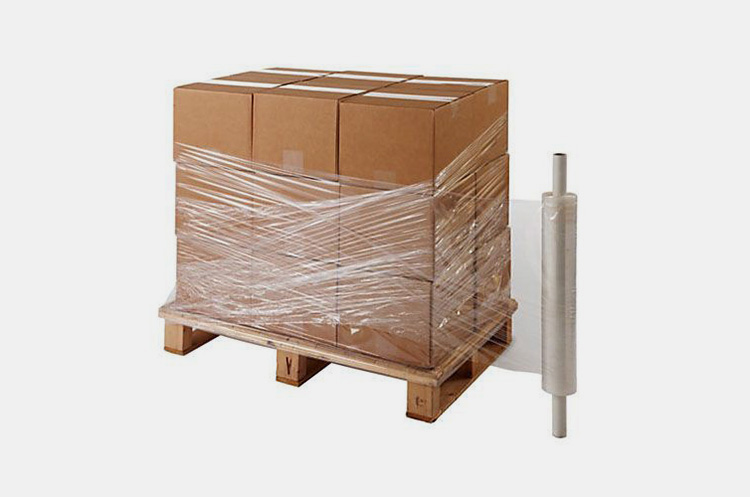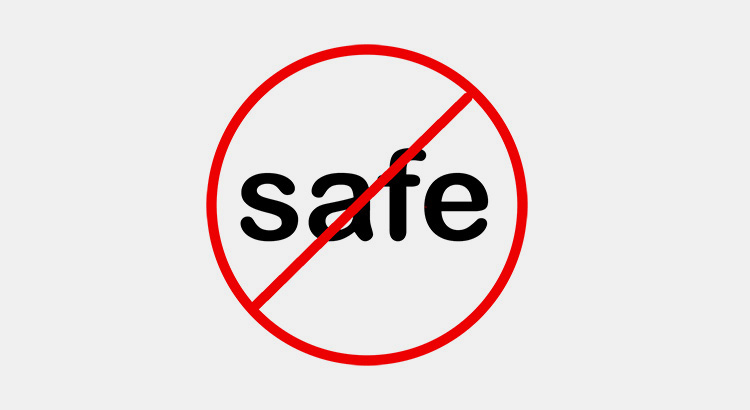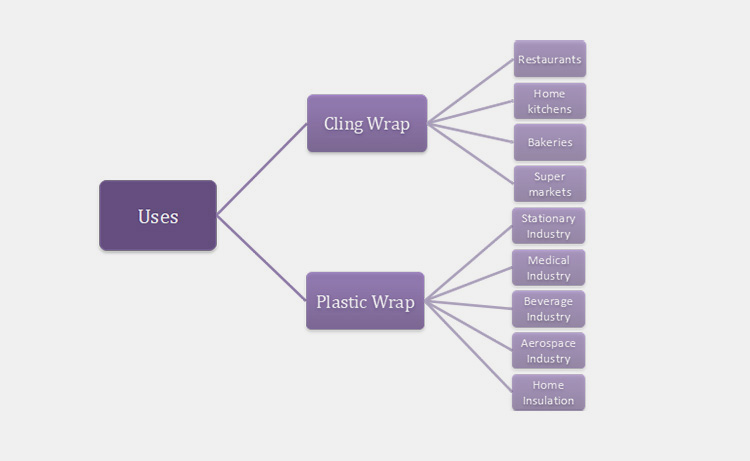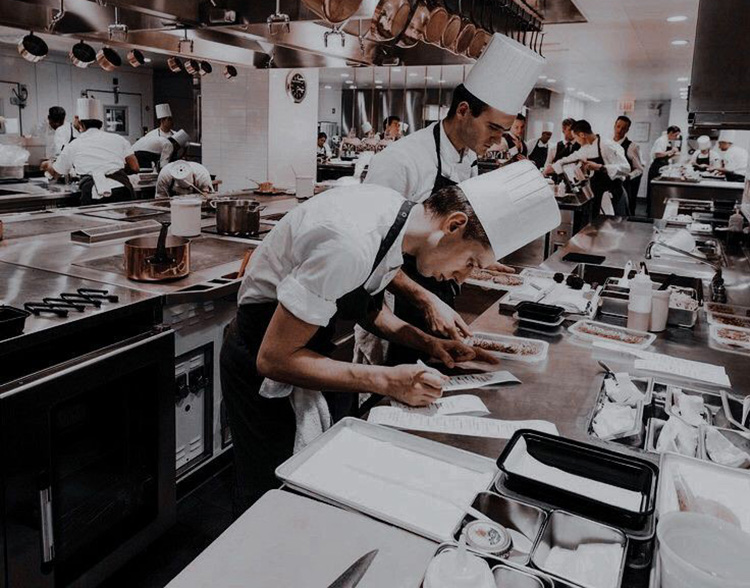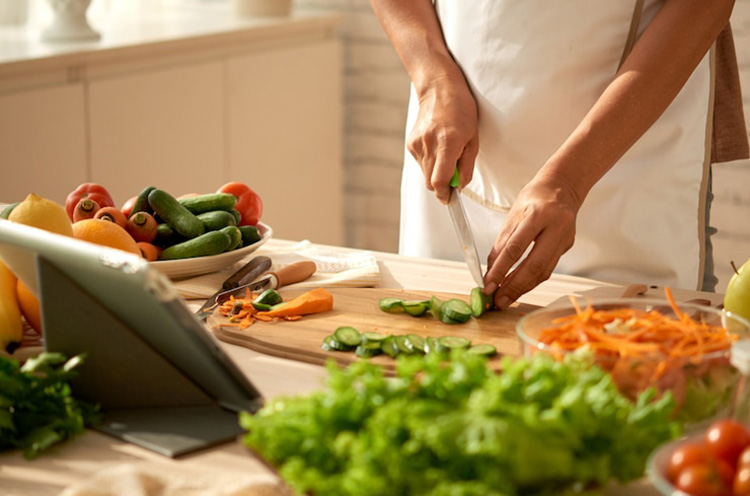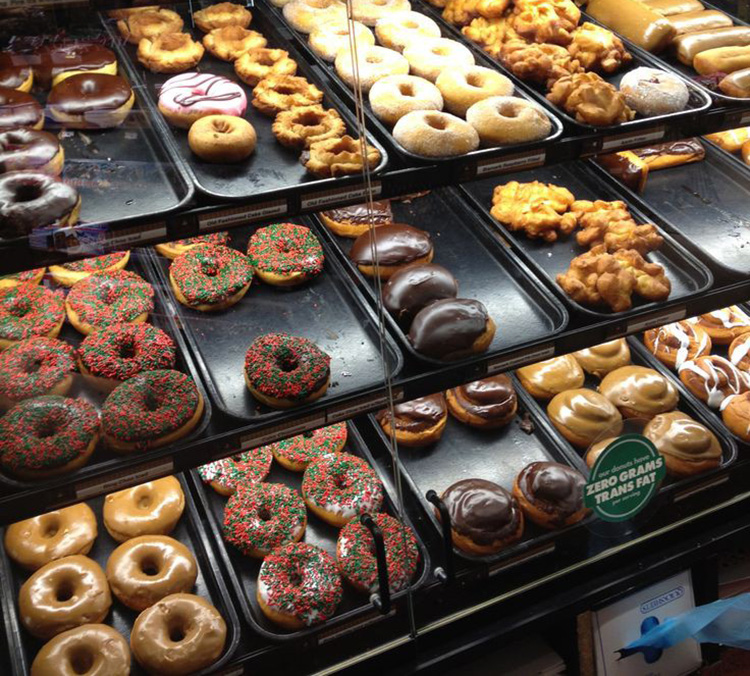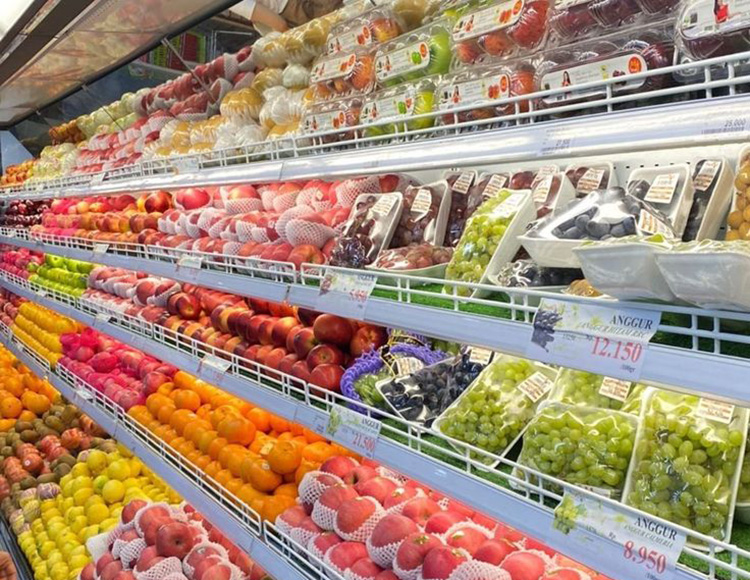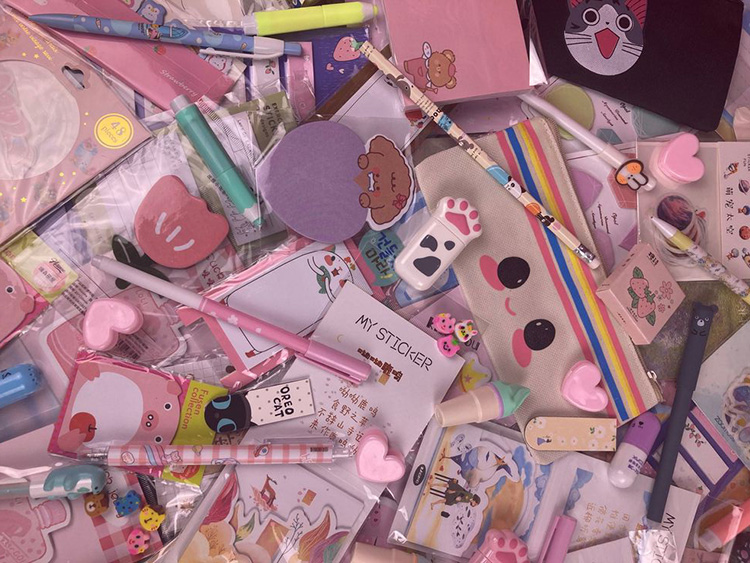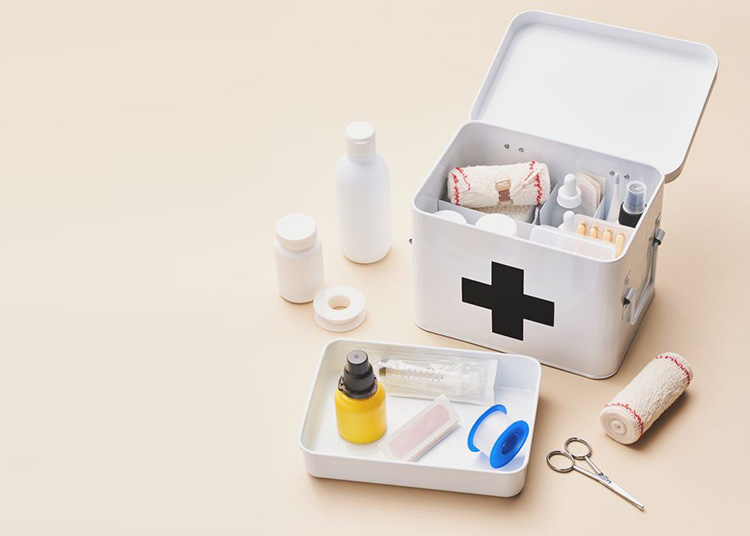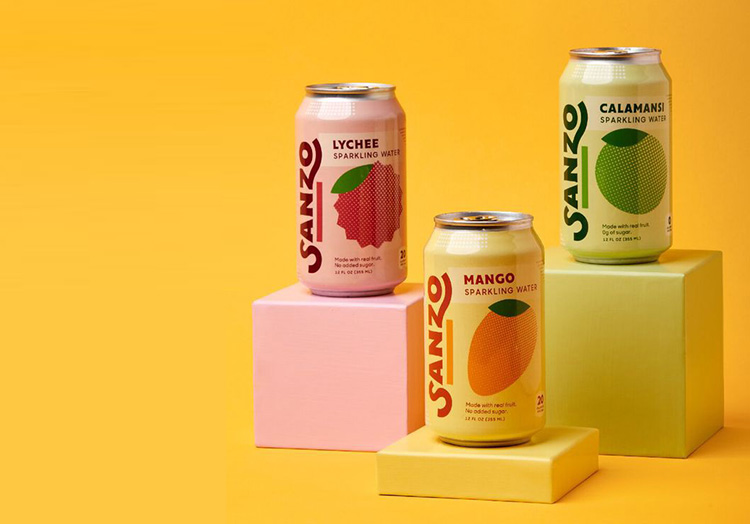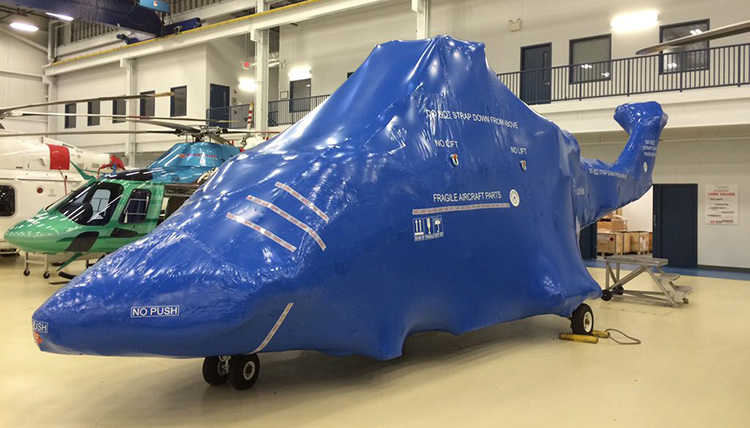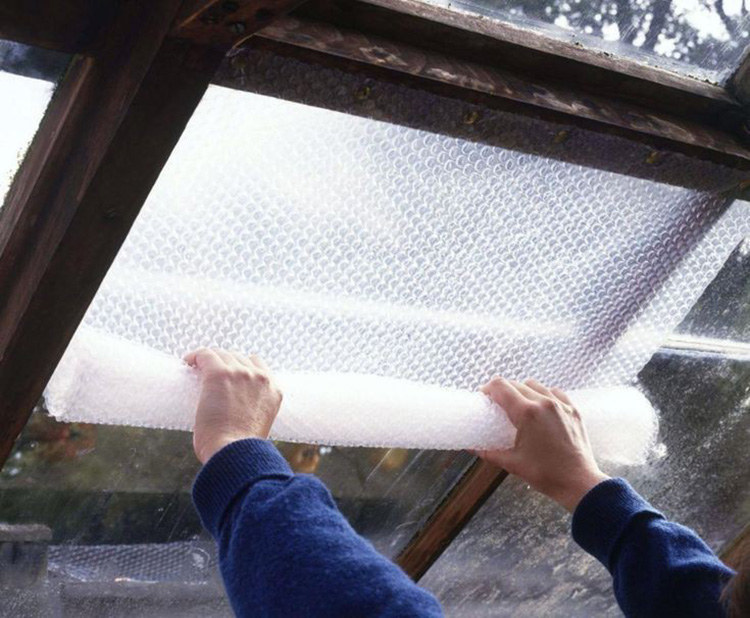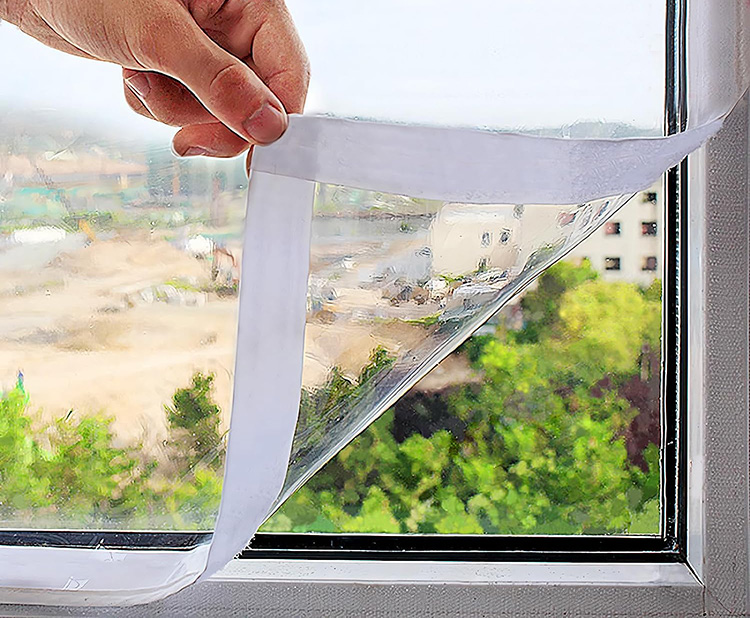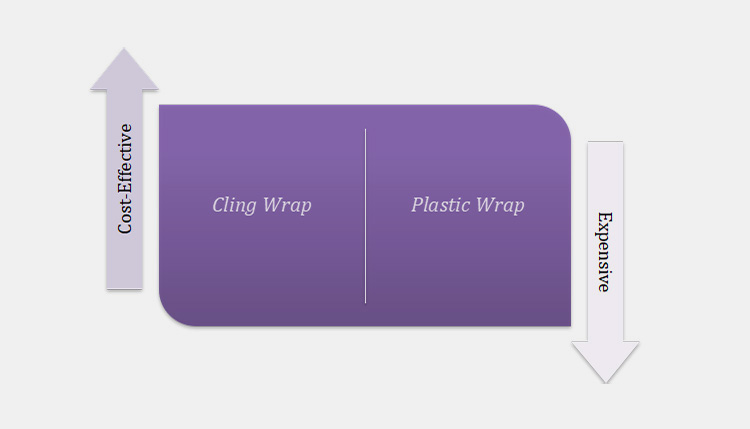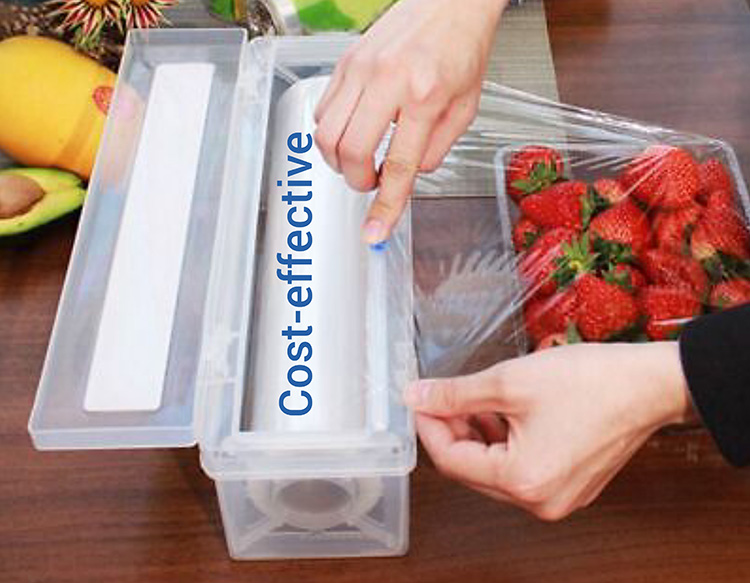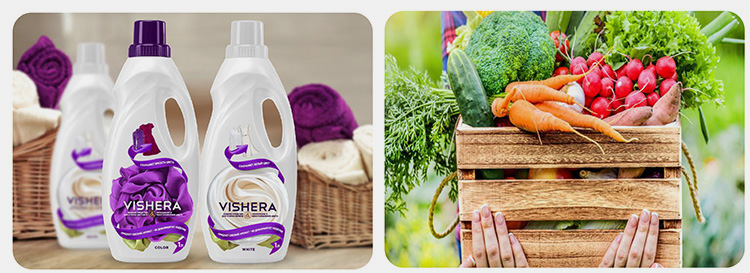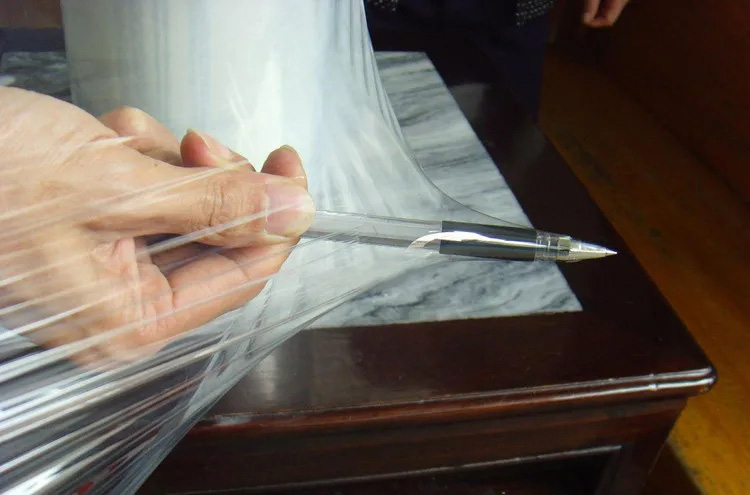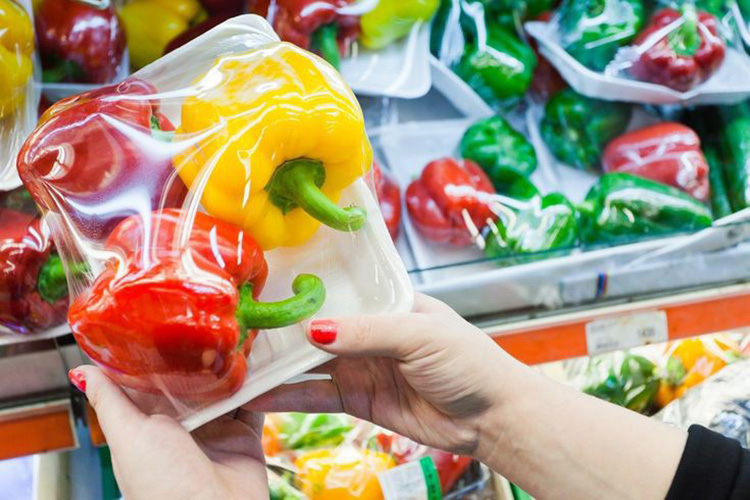Cling Wrap Vs Plastic Wrap
Have you been to the awkward experience of asking a retailer for a wrap and get stagnant after hearing the reply Cling wrap or plastic wrap? If yes! You must be planning to avoid such situation in future. So, we are here to help you solve this conundrum. Cling Wrap and Plastic Wrap are two paramount packaging options employed to attain the security and preservation of various goods and products.
Both cling wrap and plastic wrap have in common the term Wrap, but their texture, features, and so applications vary. The matter does not end here, but the Cling Wrap vs Plastic Wrap- What is the difference? Which is a good insulator? And how much each cost you? Are the other sides of coin, which will be explained below. Stay tuned and embark on exploring them!
1.What Is Cling Wrap?
Cling wrap box-Picture Courtesy: cresco.pk
Cling wrap also known as saran wrap or food wrap is a pliable thin plastic film made from Low Density Polyethylene (LDPE). It is available in form of a roll through which it can be simply applied over various objects. Along with that, cling wrap is extremely light weighted, transparent in color, and easily get adhere to the objects.
As, cling wrap is made from food grade plastic, therefore, it greatly protects the quality, taste, and texture of all types of perishable and non-perishable edibles against moisture, gases, and microorganisms. Ultimately, paving their way for prolonged shelf life.
2.What Is Plastic Wrap?
Plastic wrap-Picture Courtesy: amazon.com
Plastic wrap is a broad category encompassing all types of wraps having their origin from plastic including stretch wrap, shrink wrap, and bubble wrap. Plastic wraps are made from PVC, Polyethylene, and Polyolefin etc. Therefore, plastic wraps are often more durable, may vary in color and flexibility.
Unlike cling wrap, plastic wrap can be used for non-food products both as a primary and secondary packaging to ensure strength especially during transit.
3.Cling Wrap Vs Plastic Wrap- Explain The Pros And Cons?
After understanding what cling wrap and plastic wrap is, let's have a look towards the diverse advantages each offer. And explore the associated downsides:
Pros
Cling Wrap
Safe & Hygienic
Noddles tray wrapped in cling wrap-Picture Courtesy: Pinterest
The primary benefit of cling wrap is that it is made up of food grade material with safe and hygienic texture that provide clean environment for storing cooked and uncooked food.
Improve Shelf Life
Cling wrapped fruits & vegetables-Picture Courtesy: Pinterest
You may have seen the large super markets where all sorts of edibles including meat, vegetables, fruits, burgers, and even readymade soups are laying on the shelves. Indeed, cling wrap play a key role in it by exhibiting bacteria, moisture, and air from the content, resultantly, their strength for survival increase beyond normal life span.
Transparent
Transparent cling wrap-Picture Courtesy: lakeappliancerepair.com
Cling wrap is highly visible and transparent which makes it a good source to showcase your vary goods from baked pastries to fried snacks for mesmerizing consumers. In this way, you can advertise your goods without being harmed and touched.
Plastic Wrap
Durable
Glass plastic bubble wrapping-Picture Courtesy: webstaurantstore.com
Plastic wrap is thick and durable often due to the multi layer films in form of bubble wrap. Therefore, it has unmatchable strength to provide your goods with extra safety and maintain their integrity throughout shipping journey.
Versatile
Plastic wraps uses presentation idea-Picture Courtesy: brjshrinkfilm.com
You will not only find plastic wrap in broad categories, but its application also has surpassed the nominal wrapping. In essence, plastic wrap can be used for protecting your houses against harsh weather, medical devices against contamination, pellets against segregation, and beyond.
Cons
Cling Wrap
Flimsy
Cling wrapping over cooked meal-Picture Courtesy: temu.com
Cling wrap may not be suitable for packing bulk vegetables or other eatables. It is because, the potential of cling wrap to resist puncture and weight is low. Hence, it is not strong enough and may tear easily.
Recycling Issue
Recycle bin-Picture Courtesy: incubar.net
Cling wrap is so thin that it is difficult to reuse it, as it lose the stickiness once removed from the object. Similarly, its recycling is almost impossible which result in severe environmental degradation and particularly harming the submarine lives.
Plastic Wrap
Costly
As plastic wrap is hard, it has a more detailed manufacturing process. It is thus, more expensive as compared to cling wrap.
High Stiffness
Plastic wrapping over pellets-Picture Courtesy: embalagemideal.com
Plastic wrap is highly stiff and having low tensile strength due to which it does not support excessive stretching, otherwise, may get break. It addition, unlike cling wrap, plastic wrap lack self stickiness as a result you will need either heat or adhesive to make it adhere to
Unsafe
Unsafe icon-Picture Courtesy: unsafeports.com
Plastic wrap is often considered unsafe due to being made from such materials which release toxins and and odor during application.
4.What Are The Uses Of Cling Wrap Vs Plastic Wrap?
Uses and applications of cling wrap vs plastic wrap vary. They are discussed below separately:
Cling Wrap
Restaurants
Workers in restaurant-Picture Courtesy: Maddy
The first place you will always find with a cling wrap presence is indeed restaurants and hostels. The reason is definitely non-stop process of cooking, serving, and securely preserving the leftovers. Hence, cling wrap better help in achieving these aims.
Home Kitchens
Women in kitchen-Picture Courtesy: freepik.com
The highly convenient usage, small footprint, and cost-effective price make the cling wrap suitable for home kitchens. Therefore, you may use it for storing your meals, fruits, and vegetables in a safe tidy environment provided by cling wrap.
Bakeries
Various donuts-Picture Courtesy: Pinterest
Bakeries are found among the top users of cling wrap. It is because of the myriad of baked goods containing sugar in one or another form. So, cling wrap help your cookies, pastries, and donuts by prohibiting insects and moisture from getting into them.
Super Markets
Super market shelves-Picture Courtesy: t.me
In large selling markets you will hardly be unable to find the goods of necessity. It simply implies, that providing each type of commodities especially of food, will indeed require safe packaging to avoid spillage and smelling. Here is when cling wrap come into use.
Plastic Wrap
Stationary Industry
Various stationary items-Picture Courtesy: etsy.com
Stationary objects such as paper, notepads, pens, and envelopes etc., are often wrapped in shrink plastic wrap for easy handling, avoiding product damage, and ensuring safety against moisture.
Medical Industry
First aid kit-Picture Courtesy: sheerluxe.com
Medical tools and supplies are kept in a hygienic condition to maintain their susceptibility and sensitivity. Therefore, you will always find the need of plastic wrap for wrapping individual objects.
Beverage Industry
Multiple juice cans-Picture Courtesy: drinksanzo.com
All types of beverages including juices, wines, spirits, and milk shakes are stacked together once their primary packaging get completed. For this purpose, mostly plastic wrap is used in form of shrink wrapping.
Aerospace Industry
Aerospace industry involves the research, manufacturing, and selling of aerial vehicles. Therefore, unlike small hardware objects, airplanes cannot be packed in cartons but plastic wrap.
Home Insulation
Bubble plastic wrapping of window-Picture Courtesy: postfun.com
One of the surprising facts about plastic wrap is that it is a good insulator, and this attribute has enhanced its application towards home Insulation. So, you will find people with common practice of plastic wrapping their walls, windows, and even rooftop in cold to retain heat inside their houses.
5.Differentiate Between Cling Wrap Vs Plastic Wrap?
Cling wrap and plastic wrap can be differentiated on various basis. Some of the essential ones are discussed below:
| No | Aspects | Cling Wrap | Plastic Wrap |
| 1 | Origin | Cling wrap has its origin from low density polyethylene and PVC | While as, plastic wrap is made from Polyvinylidene Chloride, LLDPE, polyethylene, and polypropylene. |
| 2 | Quality Grade | Cling wrap is of food grade quality certified by FDA | Plastic wrap is of industrial grade quality ensuring resistance to puncture and breakage |
| 3 | Rigidity | It is thin and less rigid | In contrast, plastic wrap is thick and more robust |
| 4 | Elasticity | Cling wrap is highly clingy, that it does not require adhesive and stick to objects itself. | Plastic wrap is less elastic, therefore, may require heat and adhesive for sticking except for stretch wrap. |
| 5 | Transparency | It is transparent and highly visible | Plastic wrap is transparent but also available in colorful form |
| 6 | Recyclability | Cling wrap cannot be recycled | Plastic wrap can be easily recycled |
| 7 | Classification | Cling wrap has limited classification like perforated and flat cling wrap. | Plastic wrap has broader classification like stretch wrap, shrink wrap, and bubble wrap etc. |
| 8 | Application | Cling wrap is used as primary packaging for all types of perishable and non-perishable food items. | Plastic wrap is applicable to all types of hardware objects including electronics, cosmetics, pellets etc., both as primary and secondary packaging. |
| 9 | Example | 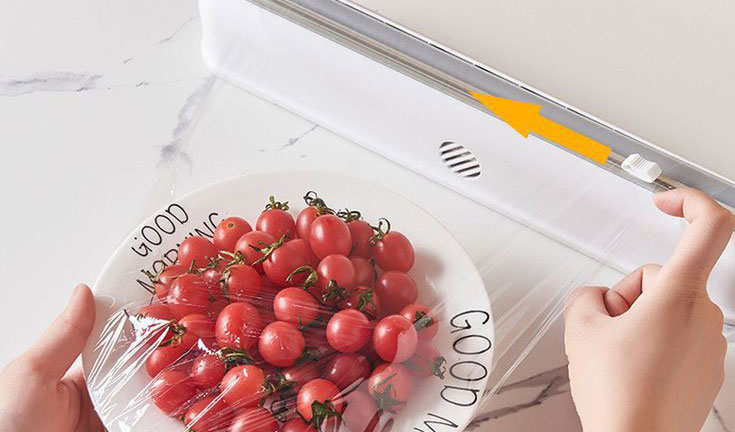
Cling wrapping on tomatoes-Picture Courtesy: ebay.com |
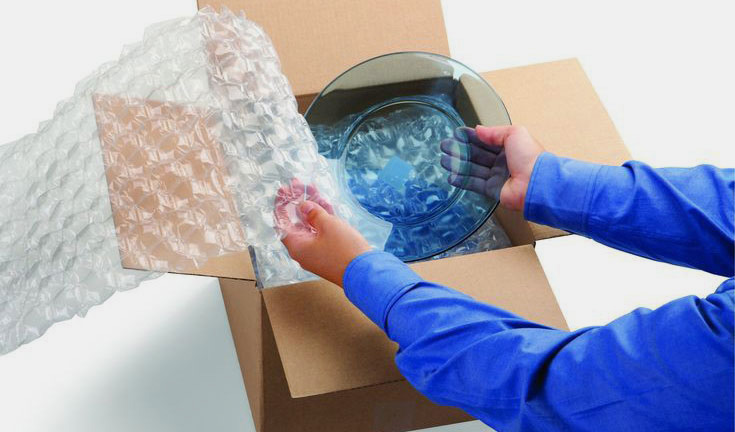
Plastic wrapping of glass-Picture Courtesy: medium.com |
6.Which Is A Good Insulator Between Cling Wrap Vs Plastic Wrap?
Plastic wrap window insulation-Picture Courtesy: amazon.ca
All types of hard to flexible objects with the capacity to resist the flow of heat and current through them are called insulators. Similarly, plastic is also a popular insulator, however, when it comes to determine inside plastic, like cling wrap and plastic wrap, which is a good insulator the answer will go in favor of plastic wrap.
Although, cling wrap is a flexible material having enough capacity to resist heat. But, that capacity fall off when cling wrap is exposed to excessive heat like that of microwave. In such condition, cling wrap either start leaching into food or lose its strength by melting down.
On the other hand, plastic wrap in all its forms; shrink wrap, stretch wrap, and bubble wrap, is holding greater strength to withstand heat and works as a good insulator. Also, the thermal conductivity of plastic wrap is higher than that of cling wrap.
7.What Is The Environmental Impact Of Cling Wrap Vs Plastic Wrap?
Plastic damaging globe-Picture Courtesy: thehappyturtlestraw.com
According to United Nations Environment Program (UNEP), around 300 tonnes of plastic is produced each year. But the question arises, Does the same amount of plastic get recycled? Definitely not! Inside this figure, the huge share is of cling wrap and plastic wrap.
Both these wrapping films are causing environmental pollution, contributing to ever rapidly growing global warming, and the loss of underwater lives. However, plastic wrap is recyclable and mostly recycled in greater amount. In contrast, cling wrap is highly thin due to which it cannot be easily recycled and takes place in landfills.
8.Which Between Cling Wrap Vs Plastic Wrap Is Cost-effective?
Although, both cling wrap and plastic wrap have their origin from plastic, their degree of cost vary. Plastic wrap has comparably high weight, long manufacturing process, and also require additional material for application like heat and adhesive etc. Ultimately, these stimulants add to the cost of plastic wrap.
Cost-effective cling wrap-Picture Courtesy: ebay.com.au
In contrast, cling wrap is extremely light weighted, self adhesive, and production process is based on small steps. Moreover, cling wrap is available in easy-to-use forms like cling wrap with cutter box, sliding cutter, pre-perforated wrap, and roll, resultantly, reduce application cost.
9.Cling Wrap Vs Plastic Wrap- Which Is More Suitable?
Cling wrap and plastic wrap have distinct features and uses. Therefore, their suitability entirely depends upon several factors which are highlighted below:
Type of Objects
Detergent & vegetables-Picture Courtesy: Pinterest
This factor involve asking which type of objects you want to wrap up. If you need wrap for food products like vegetables, fruits, and meals, then cling wrap will be suitable. Contrary to that, plastic wrap is more competent to be used for hardware objects, rigid items, and bulk pellets.
Elasticity
Elasticity checking by pen-Picture Courtesy: bfvietnam.vn
Elasticity is the key factor to choose between cling wrap vs stretch wrap. If you want to have flexible and self adhesive film which can resist punctures and stay unharmed, then cling wrap will be suitable options. Otherwise, plastic wrap is more suitable for heavy loaded goods.
Outward Manifestation
Chilli in transparent cling wrap-Picture Courtesy: earth911.com
Another crucial factor instrumental for determining suitable film between cling wrap and plastic wrap is the outward manifestation. Cling wrap is highly transparent and gives you clear vision of everything. You can easily showcase your goods and products by using cling wrap. However, if you want your products to be hidden under film, then plastic wrap is appropriate.
Conclusion
To wrap up, it can be concluded that Cling Wrap vs Plastic Wrap, are different from each other in range of aspects. From material used in their manufacturing to their uses, environmental impact, and insulation, they vary in great extent. Hence, whenever, you want to have a wrap for your goods make sure to consider the factors mentioned above. For further questions you may ask for help through our link!
Don't forget to share this post!
CONTACT US
Tell us your raw material and project budget to get quotations within 24 hours.
WhatsApp Us: +86 181 7101 8586
The Buyer's Guide
